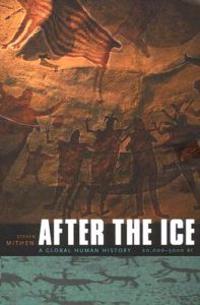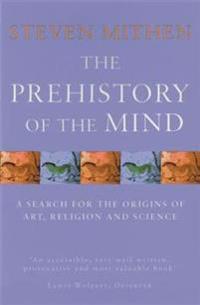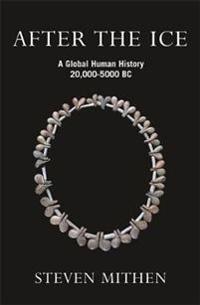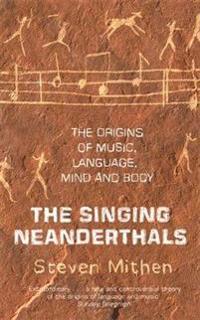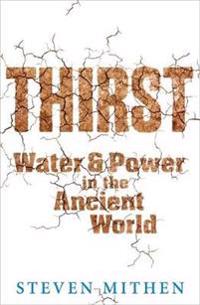After the Ice: A Global Human History 20,000-5000 BC (Häftad)
avSteven Mithen
ISBN: 9780674019997 - UTGIVEN: 20060420,000 B.C., the peak of the last ice age--the atmosphere is heavy with dust, deserts, and glaciers span vast regions, and people, if they survive at all, exist in small, mobile groups, facing the threat of extinction. But these people live on the brink of seismic change--10,000 years of climate sh[...]
The Singing Neanderthals: The Origins of Music, Language, Mind, and Body (Häftad)
avSteven Mithen
ISBN: 9780674025592 - UTGIVEN: 200710The propensity to make music is the most mysterious, wonderful, and neglected feature of humankind: this is where Steven Mithen began, drawing together strands from archaeology, anthropology, psychology, neuroscience--and, of course, musicology--to explain why we are so compelled to make and hear mu[...]
The Prehistory of the Mind (Storpocket)
avSteven Mithen
ISBN: 9780753802045 - UTGIVEN: 1998-05How do our minds work? When did language and religious beliefs first emerge? Why was there a cultural explosion of art and creativity with the arrival of modern humans? This ground-breaking book brings the insight of archaeology to our understanding of the development and history of the human mind, [...]
After the Ice (Häftad)
avSteven Mithen
ISBN: 9780753813928 - UTGIVEN: 200403Twenty thousand years ago Earth was in the midst of an ice age. Then global warming arrived, leading to massive floods, the spread of forests and the retreat of the deserts. By 5,000 BC a radically different human world had appeared. In place of hunters and gatherers there were farmers; in place of [...]
The Singing Neanderthals (Häftad)
avSteven Mithen
ISBN: 9780753820513 - UTGIVEN: 200603Along with the concepts of consciousness and intelligence, our capacity for language sits right at the core of what makes us human. But while the evolutionary origins of language have provoked speculation and impassioned debate, music has been neglected if not ignored. Like language it is a universa[...]
Thirst (Storpocket)
avSteven Mithen
ISBN: 9781780226873 - UTGIVEN: 2013-08The planet faces a 21st-century global water crisis - but to what extent is this really new? Past societies and ancient civilisations have always faced climate change and been dependent on their ability to harness and manage a water supply. This has often been a key driver of historical change, lead[...]

